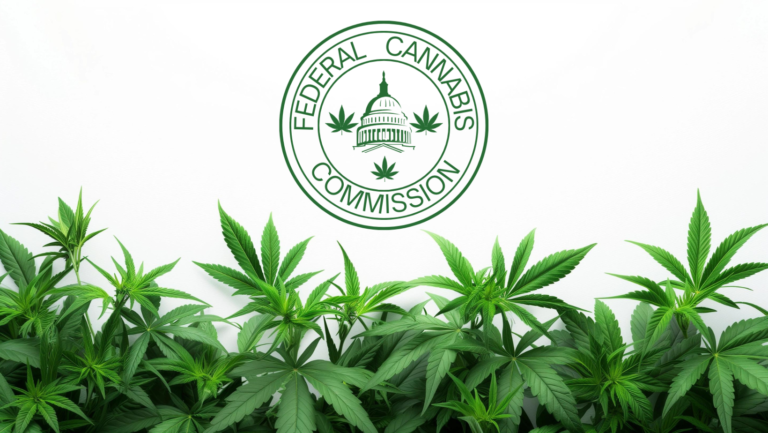Laws and Regulations for Cannabis Brokers in the Cannabis Industry
In the rapidly expanding cannabis industry, cannabis brokers serve as essential intermediaries between cultivators, manufacturers, distributors, and retailers, facilitating transactions and ensuring compliance with regulatory requirements. As with any industry, the cannabis sector is subject to a complex framework of laws and regulations that cannabis brokers must navigate to operate legally and ethically. This article provides a comprehensive overview of the laws and regulations governing cannabis brokers, covering key areas such as licensing, compliance, transactional protocols, and ethical standards.
Licensing Requirements: Cannabis brokers must obtain the necessary licenses and permits to conduct their business legally. These licenses vary depending on the jurisdiction and may include specific requirements such as background checks, financial disclosures, and completion of training programs. Obtaining the appropriate licenses demonstrates a broker’s commitment to professionalism and compliance with regulatory standards.
Compliance: Compliance with local, state, and federal regulations is paramount for cannabis brokers to avoid legal pitfalls and ensure the integrity of transactions. Brokers must stay abreast of changes in cannabis laws and regulations, including licensing requirements, product testing standards, and taxation policies. Additionally, brokers must ensure that all transactions adhere to anti-money laundering (AML) and know your customer (KYC) regulations to prevent illegal activities such as money laundering and illicit market activity.
Transactional Protocols: Cannabis brokers facilitate transactions between various entities within the cannabis supply chain, including growers, processors, distributors, and retailers. It is essential for brokers to establish clear and transparent transactional protocols to protect the interests of all parties involved. This includes drafting comprehensive contracts that outline the terms of the agreement, specifying pricing, delivery schedules, quality standards, and dispute resolution mechanisms.
Ethical Standards: Ethical conduct is paramount for cannabis brokers to build trust and credibility within the industry. Brokers must adhere to high ethical standards, including honesty, integrity, and transparency in all their dealings. This includes disclosing any conflicts of interest, avoiding engaging in illegal or unethical practices, and prioritizing the welfare of their clients and the industry as a whole.
Risk Management: Cannabis brokers must assess and mitigate risks associated with their transactions, including legal, financial, and operational risks. This may involve conducting due diligence on potential partners, monitoring regulatory developments, and implementing robust compliance programs. By proactively managing risks, brokers can protect themselves and their clients from potential liabilities and ensure the smooth execution of transactions.
Conclusion: As the cannabis industry continues to mature, the role of cannabis brokers becomes increasingly vital in facilitating transactions and ensuring regulatory compliance. By understanding and adhering to the laws and regulations governing their profession, cannabis brokers can navigate the regulatory landscape effectively, promote ethical conduct, and contribute to the growth and sustainability of the cannabis industry.







